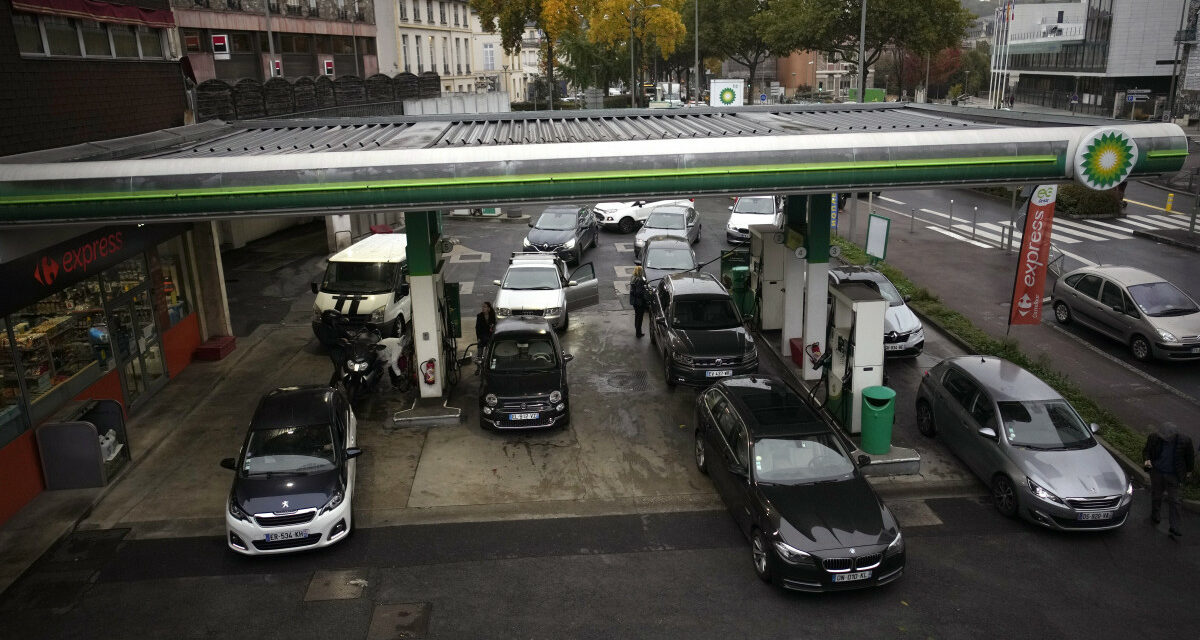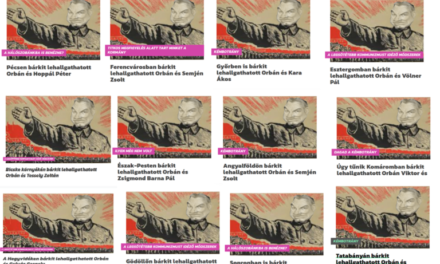Slowly, the question in Europe is not how much crude oil or fuel costs, but whether it will or won't be - said the head of the energy and climate policy business of Századvég Konjunktúrakutató Zrt. in the current program of the M1 channel.
According to Oliver Hortay
the ever-increasing market tension will ripple through Hungary as well, and may even put the gasoline price freeze in jeopardy.
According to the expert, the European Union cannot get out of the oil embargo introduced against Russia, but the measures that will come into effect on Monday will not cause acute problems in Hungary's supply.
Olivér Hortay said that the embargo will cause a huge logistical organization problem, because a quarter of the European Union's oil demand was secured from Russia. Replacing millions of barrels of oil a day is an extraordinary task overnight. When replacing such a quantity of crude oil, even the smallest mistake can cause supply problems, the specialist emphasized, adding: even if it is possible to avoid these, a significant price increase is still expected, since Western-type crude oil is 50 percent more expensive than Russian.
The expert said that the Russians and the big oil producers are not expected to leave the introduction of the $60 price cap for sea-borne Russian oil without a response, the biggest chance is a reduction in production, which is associated with an increase in world market prices.
Russia is trying to redirect its exports, this has succeeded better than expected in recent months, new markets have been found for more crude oil, the expert said, adding that if the Russians are able to redirect their exports to other regions, then the sanctions will lose their meaning, and the Europeans will needlessly pay the cost of this.
There is also the risk that the United States will impose export restrictions to protect its market. And this may further narrow the EU's room for maneuver, said the expert.
Olivér Hortay emphasized that the measures that will come into effect on Monday will not cause acute problems in Hungary's supply. This is primarily due to the fact that Hungary negotiated an exemption when accepting the oil embargo and during negotiations on the oil price cap: it can continue to buy Russian crude oil through the pipeline.
In terms of Hungarian supply, it would be possible to replace the Barátság pipeline at most via the Adria pipeline, but its capacity is limited. Such a situation would present Mol and Hungary with very difficult organizational tasks, he said.
Source: vasarnap.hu
Featured image: MTI/AP












